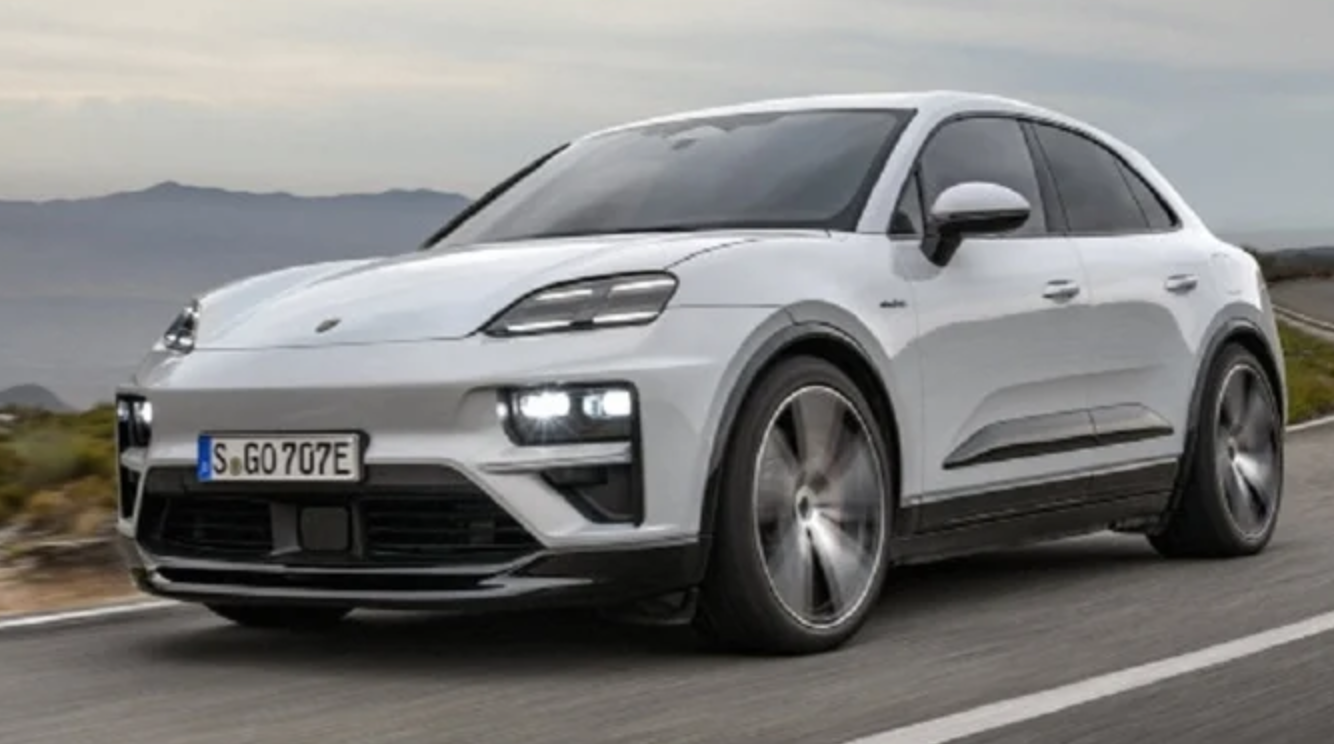
VW Group to cut costs and launch 30 models in 2024

Inside the VW Group, Porsche is doing extremely well. The interest for the long-awaited electric new Macan seems to be overwhelming /Porsche
Volkswagen Group is launching a major product push this year to help offset a gloomy economic outlook and growing competition. At the same t


Comments
Ready to join the conversation?
You must be an active subscriber to leave a comment.
Subscribe Today